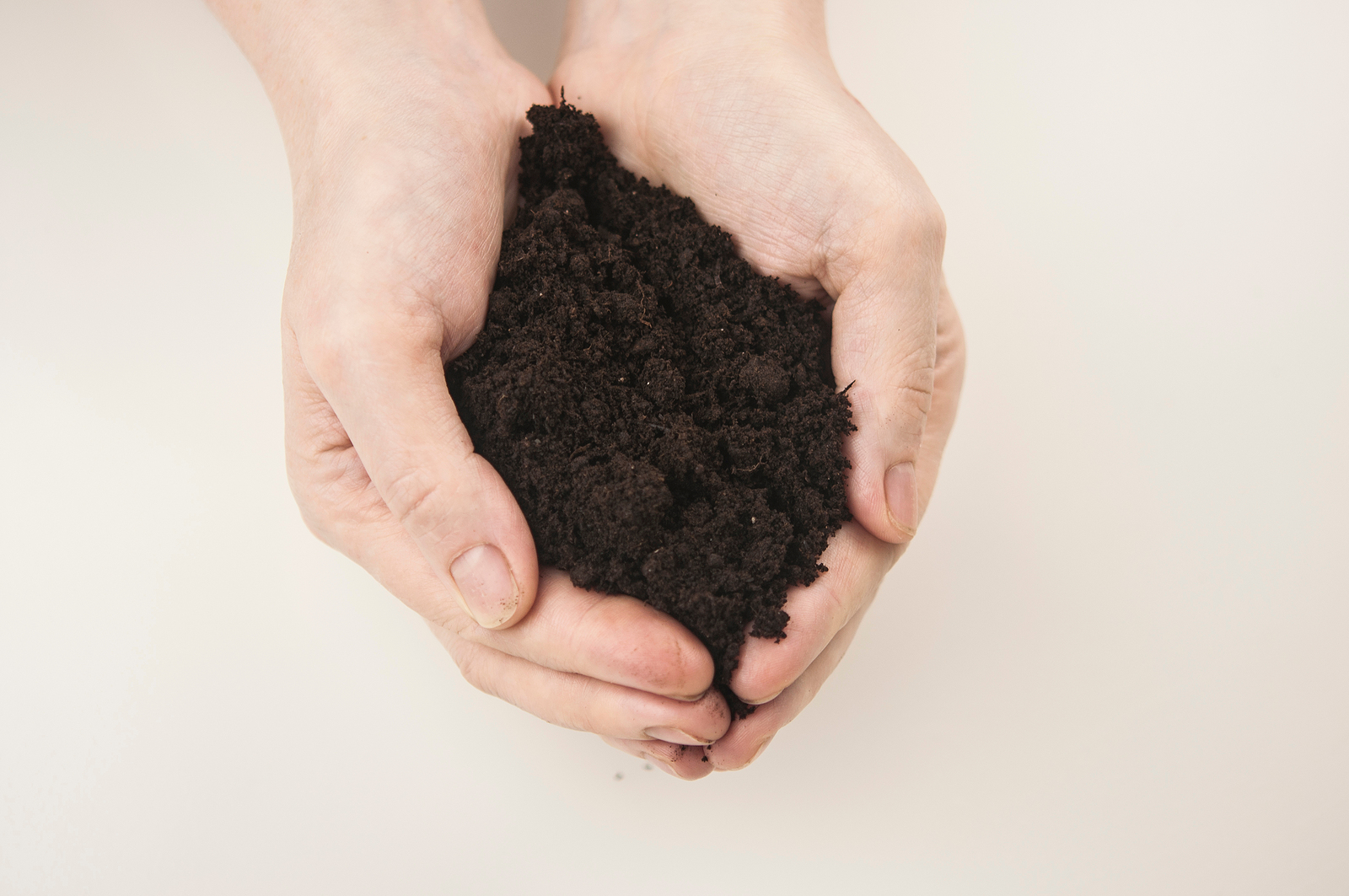
California to permit human composting
California has become the latest American state to allow composting of human remains after death. A new law directs California officials to develop regulations for “natural organic reduction” by 2027.
Human composing is already legal in Washington state, Colorado, Oregon and Vermont. The process takes about a month. The body is placed in a pod with alfalfa, straw, and wood chips. The container is slowly rotated and oxygen is pumped in to promote decomposition. The end product is a cubic yard of nutrient-rich soil.
Assemblywoman Cristina Garcia, a Democrat, co-sponsored the bill. She extolled the new law’s potential environmental benefits. “The wildfires, extreme drought and heat dome we just experienced remind us that climate change is real and detrimental and we must do everything we can to reduce methane and CO2 emissions,” Garcia said.
Earth, a Washington-based composting company, emphasises the environmental benefits: it “produces no net CO2 compared to 535 lbs from cremation, uses 90% less water than aquamation, and the nutrient-rich soil created during the process is used for land restoration and improving soil health,” it says. “The environmental benefit is second to none.”
To judge from media reports, the main critic of this method of disposing of human remains – as in other states — is the California Catholic Conference. It declared that composting reduced bodies to a “disposable commodity.” Burial or cremation “comports with the virtually universal norm of reverence and care towards the deceased.”
